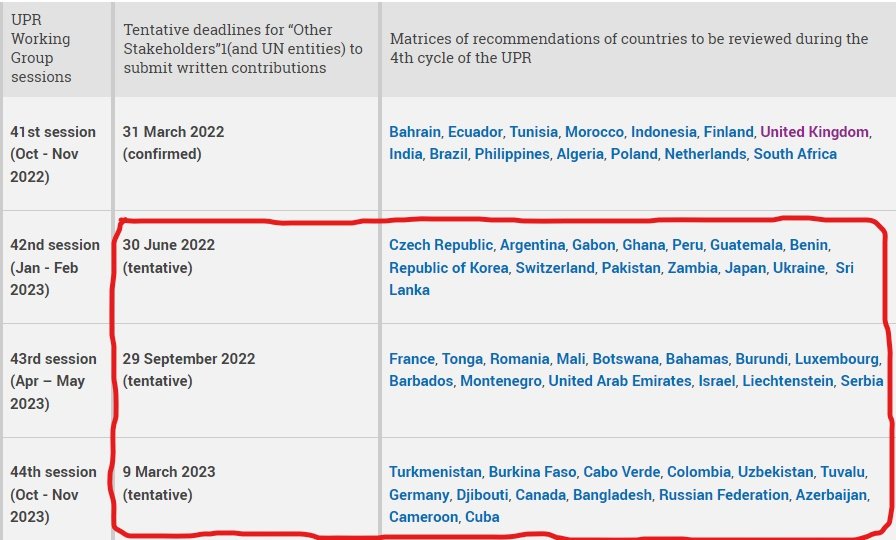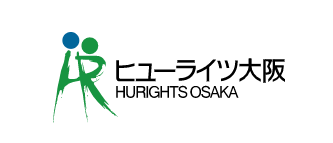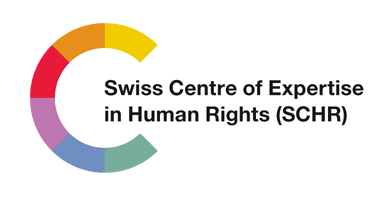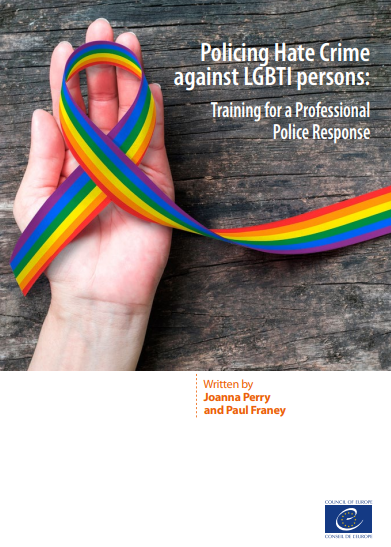
1. National consultations & the UN Universal Periodic Review.
States are not required to hold national consultations for the UPR but many do. Make sure your voices are heard & tell them what you think about the human rights situation in your country.
ohchr.org/EN/HRBodies/UP…
States are not required to hold national consultations for the UPR but many do. Make sure your voices are heard & tell them what you think about the human rights situation in your country.
ohchr.org/EN/HRBodies/UP…

2. Our tweet below explains how groups can submit a report & why it is important to take part.
@MariaJBinetti @DeclaracionDDMM @WDIswitzerland @WeAreWomenJapan @amqg_ch
@MariaJBinetti @DeclaracionDDMM @WDIswitzerland @WeAreWomenJapan @amqg_ch
https://twitter.com/YPinfo101/status/1501923511941664775
3. Deadline for submissions is around 30th June 2022 for following countries:
Czech Republic, Argentina, Gabon, Ghana, Peru, Guatemala, Benin, Republic of Korea, Switzerland, Pakistan, Zambia, Japan, Ukraine & Sri Lanka.
Groups can also take part in national consultations . .
Czech Republic, Argentina, Gabon, Ghana, Peru, Guatemala, Benin, Republic of Korea, Switzerland, Pakistan, Zambia, Japan, Ukraine & Sri Lanka.
Groups can also take part in national consultations . .

4. According to UPR Info the time period for national consultations has just ended for countries mentioned above, however we encourage groups to contact their National Human Rights Institution (NHRI) as soon as possible to find out.
upr-info.org/en/review/Arge…
upr-info.org/en/review/Arge…

5. If there are UPR national consultations in your country they are likely to be undertaken by your NHRI or equivalent. See examples below.
A list of NHRI's can be found here: ganhri.org/membership/


A list of NHRI's can be found here: ganhri.org/membership/



6. National consultations are currently (November 2021 - June 2022) being held in following countries:
France, Tonga, Romania, Mali, Botswana, Bahamas, Burundi, Luxembourg, Barbados, Montenegro, United Arab Emirates, Israel, Liechtenstein & Serbia.
upr-info.org/en/review/Fran…
France, Tonga, Romania, Mali, Botswana, Bahamas, Burundi, Luxembourg, Barbados, Montenegro, United Arab Emirates, Israel, Liechtenstein & Serbia.
upr-info.org/en/review/Fran…

7. We strongly urge groups from countries mentioned above to contact their NHRI or equivalent in order to take part.
We were unable to locate the relevant institution in the Bahamas. @WDIBahamas @wdi_fr @ResistanceLesbi @lgsmreza

We were unable to locate the relevant institution in the Bahamas. @WDIBahamas @wdi_fr @ResistanceLesbi @lgsmreza


8. National consultations are due to begin in May 2022 for following countries:
Turkmenistan, Burkina Faso, Cabo Verde, Colombia, Uzbekistan, Tuvalu, Germany, Djibouti, Canada, Bangladesh, Russian Federation, Azerbaijan, Cameroon & Cuba.
upr-info.org/en/review/Cana…
Turkmenistan, Burkina Faso, Cabo Verde, Colombia, Uzbekistan, Tuvalu, Germany, Djibouti, Canada, Bangladesh, Russian Federation, Azerbaijan, Cameroon & Cuba.
upr-info.org/en/review/Cana…

9. Please tag any groups we have missed in countries we mention in this thread. We think it is vital for civil society organisations to take part in the UPR process so that their views and concerns about the human rights situation in their country can be heard. 



10. @LGBAlliance_DE @wdi_germany @BerlinRadfem @PdfQuebec @wdiontario @cawsbar @WDI_NB @WomenMatter_CA @WDIcanada @WDI_Quebec @WHRC_BC_YK
• • •
Missing some Tweet in this thread? You can try to
force a refresh






















